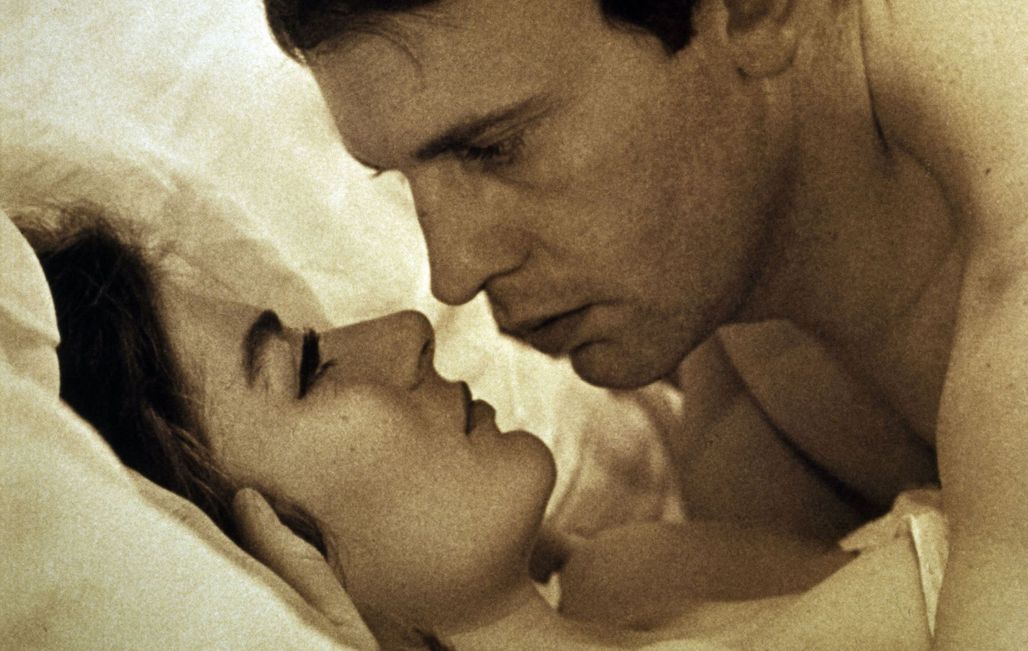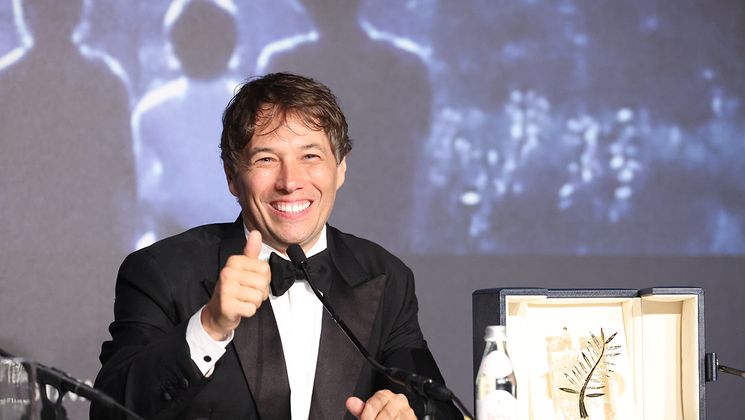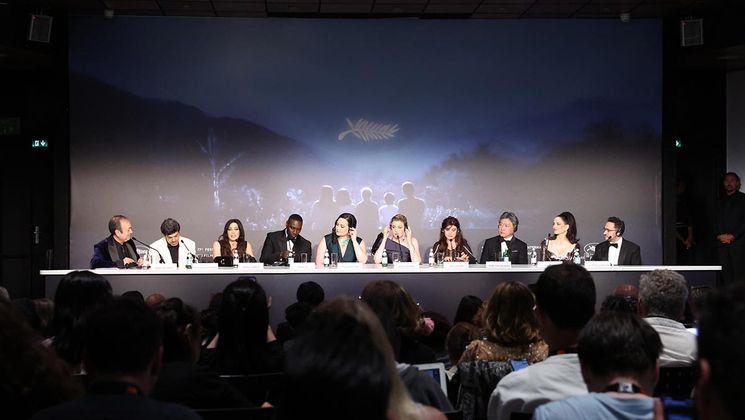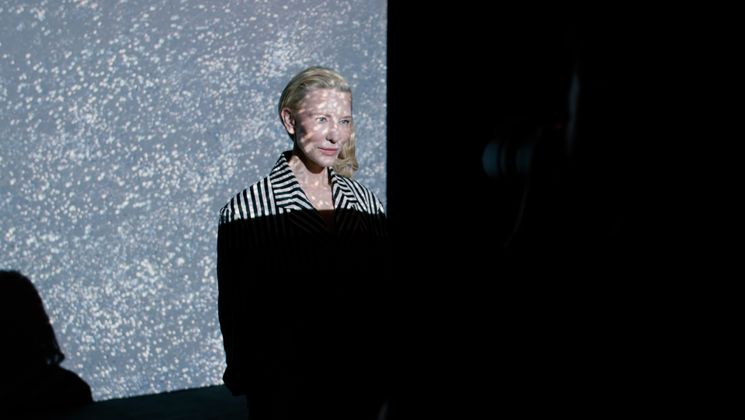
Chabadabada in Cannes Classics

Screening in Cannes Classics of Un Homme et une Femme (A Man and a Woman), Palme d’or ex aequo in 1966, directed by Claude Lelouche. Film critic, scriptwriter and auteur Yonnick Flot confirms the film's reputation as one of the most beautiful love stories in film history.
Do you think that this is one of the most beautiful love stories in film history?
Claude Lelouche explained it very well at the time, when he said: "I am telling the viewer his or her own love story; the film is the story of a story that never began, and that is why everyone loved it". What makes the film so original is the sincerity that Lelouch brings to it. Jean-Louis Trintignant spoke of the director's "gift for a childlike and natural freshness". The viewer doesn't know any more if he is watching a scene captured live by a hidden camera or a moment of intentional fiction imagined by a cinematographic storyteller.
Do you have any anecdotes about the atmosphere on the set?
Lelouch didn't give scripts to his actors, or if he did, it was at the last minute, because he wanted to privilege spontaneity, or even improvisation, and sometimes this was disconcerting to the cast. In fact, this enhanced their performance and brought out the best in them, and the naturalness that Leclouche was looking for was achieved to perfection. It is interesting that it wasn't just the character played by Trintignant who was a racing car driver, but also the actor himself in real life. As for Anouk Aimée, it was Marcel Carné who gave her the name "Aimée". We know that the idea of the film came from a vision that Lelouch had on the beach in Deauville: the image of a woman with a little girl who was playing beside her. As he walked along, watching them, Lelouch began to imagine the characters, in the very location that the cult scene with his pair of lovers took place.
Are Jean-Louis Trintignant and Anouk Aimée his favourite actors?
They are both favourite actors for Lelouch, who brought the mythic couple back together for another love story with Twenty years later (Vingt ans déjà). During the original filming, he had already spoken to them about the idea of a sequel (which was released in 1986), and he said to them: "If you are both still alive, and if I am still in good health, we will do it, if you are still good actors". And Jean-Louis said, laughing, "And if you still have the energy and talent to be a good director".
A word about the original sound track of the film?
For Lelouch, "With a song, you can say in a few minutes what would take three hours in a film". The music and the popularity of Chabadabada obviously contributed to the worldwide triumph of the film. One amusing anecdote was that on an official trip to the United States, Lelouch was met at the airport with this music. He wanted to thank the people who had arranged this charming tribute, but they replied it was not a special arrangement, but simply that this song was played every day in the waiting rooms. Chabadabada is still an enormously popular theme song.


